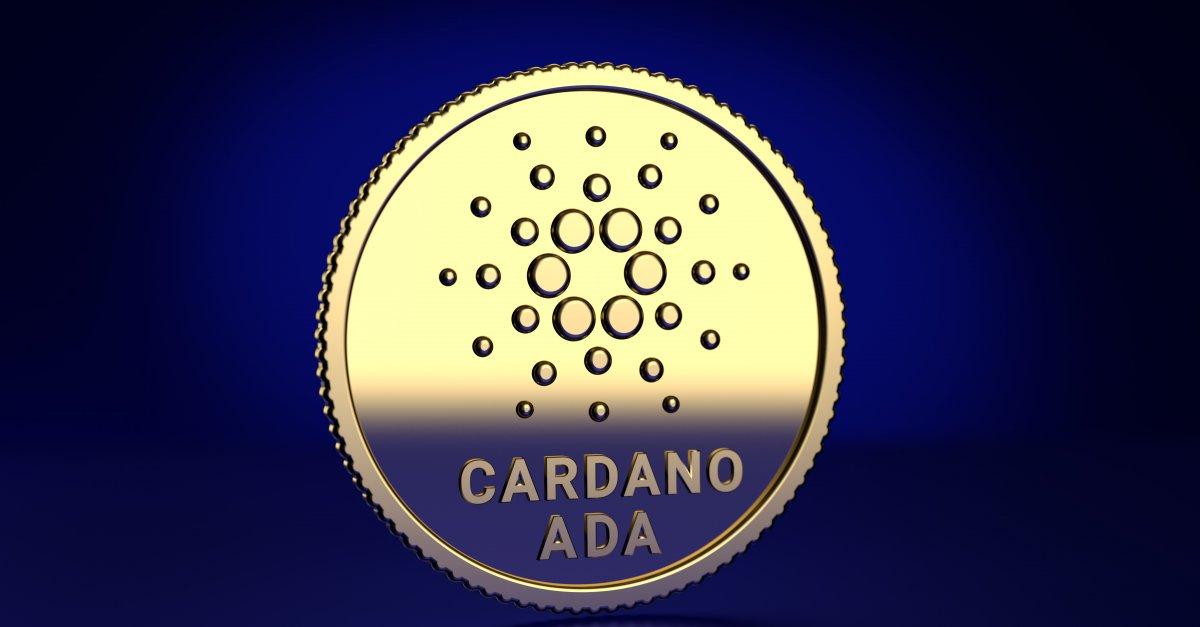Cardano is an open-source blockchain platform that seeks to provide a secure infrastructure for developers to create and embed decentralized applications (dApps). It features a unique multilayer architecture, which separates the execution of smart contracts from value transfers. Such a design promotes advanced security, scalability, and sustainability.
What sets Cardano apart from other cryptocurrencies is its commitment to scientific research and peer reviews. Leading global academic institutions rigorously vet its protocols before implementation, ensuring an unparalleled level of quality and reliability. Consequently, Cardano serves as a trusted platform for institutional-grade applications.
Another unique aspect of Cardano is its native cryptocurrency ADA, named after Ada Lovelace, a 19th-century mathematician who is often credited as the world's first computer programmer. ADA serves as the lifeblood of the Cardano platform, functioning as a means of exchange and a tool to participate in the network's operation.
Cardano’s development team, IOHK (Input Output Hong Kong), has a mission to provide financial inclusion and empowerment for the unbanked and disenfranchised around the world. This commitment is evident in various partnerships across Africa, especially in Ethiopia, where Cardano is set to boost agricultural productivity by employing blockchain technology.
Cardano employs a unique consensus protocol, dubbed Ouroboros. This proof-of-stake (PoS) algorithm is among the first to be mathematically proven as secure, making it an attractive choice for stakeholder governance.
With its solid academic foundations, rigorous protocols, and strong commitment to societal impact, Cardano stands as a beacon in the crowded blockchain landscape. Stay updated with Cardano as it continues to make strides in the cryptocurrency and blockchain realm, driving change and fostering innovation.



